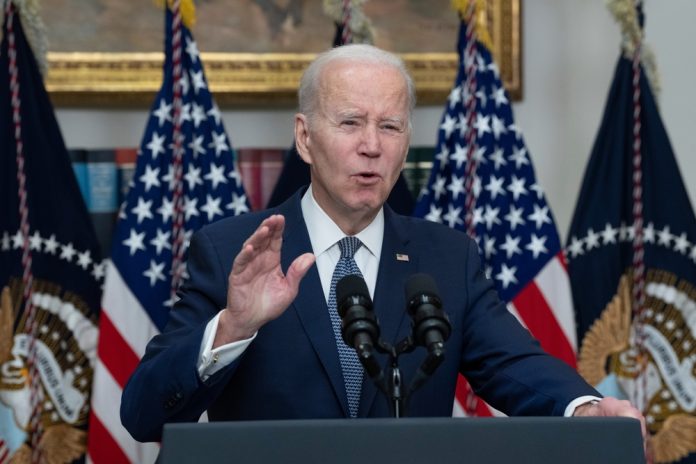Negotiations between the U.S. and U.K. are underway to arrange a deal granting U.K. businesses access to electric vehicle incentives in the Biden Administration’s Inflation Reduction Act (IRA) through their exports of minerals heavily used in battery production.
Meeting on Thursday, June 8, President Joe Biden and U.K. Prime Minister Rishi Sunak revealed the EV incentives negotiations to reporters at the White House. Biden stated that a key component of the two countries’ economic partnership is “working together to strengthen our critical mineral supply chains and make them more resilient so we’re not dependent on any one country to meet our goals.”
The discussions originate from international outcry over the domestic production standards within the IRA’s tax credits, which foreign lawmakers and business leaders criticized for discouraging international trade. Under the legislation’s requirements, manufacturers can only earn EV incentives on the production of battery-powered cars if a majority of the materials and components used in the vehicle are sourced in North America or in the few countries that have established a free-trade agreement with the U.S. Since the bill’s passing in 2022, investments have undeniably poured into domestic EV manufacturing, including car factories, mining operations and battery plants.
Whether these facilities and the corresponding increase in EV production came at the expense of foreign automotive industries may be less clear. Nevertheless, the Biden Administration has sought to allay these concerns by arranging free-trade agreements with countries whose leaders remained critical of U.S. interference in international trade. However, while the U.K. is seeking a means to earn EV incentives, Sunak noted that he would pursue a full free-trade relationship. Instead, the Prime Minister noted the resulting treaty would resolve the “particular opportunities and challenges that we face.”



